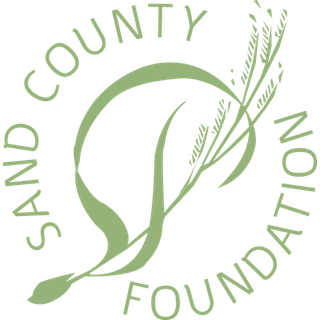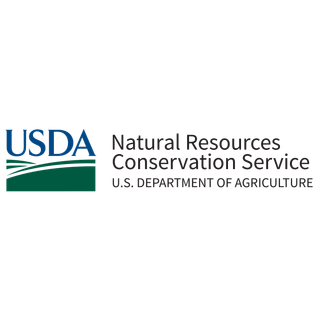John & Melissa Eron
John and Melissa’s conservation story is one of innovation and ingenuity.
Their farm’s heavy clay soils were often wet during the spring planting season, dry by summer, and wet again by fall. John devised a common sense (though untested) plan: he’d capture and store runoff water and use it later to irrigate crops.
After researching his idea, he got to work. John bought and renovated used excavation and irrigation equipment, a skill he’d learned from his father. He dug a series of strategically placed ponds in partnership with the Portage County Land Conservation Department, Wisconsin Department of Natural Resources, and U.S. Army Corps of Engineers. Drain tiles were directed to the ponds. Any flooding from the ponds is directed via pipes to a woodchip bioreactor to remove nutrients.
John excavates sediment deposits in the ponds and recycles those nutrients back onto his fields, which reduces his need for fertilizer while boosting yields and profitability. The positive results have prompted the Erons to install similar water and nutrient recycling systems on other farms they’ve acquired.
This “closed system” the Erons created protects Mill Creek. This Wisconsin River tributary that runs through their farm has long been on a list of phosphorus-impaired waters. As president of the Farmers of Mill Creek Watershed Council, John leads farmer-led efforts to promote farming practices that ensure clean water and healthy soils. The council has accessed grants to fund on-farm research and installation of buffer strips next to the creek. The Erons have hosted many fields days and lunch-and-learn events to motivate other landowners to adopt conservation practices.
The Erons manage soil moisture and health through the use cover crops and no-till planting. They are growing fewer row crops by experimenting with raising alternative forages for area dairy farmers. This is another way to keep their fields in a continuous cover to prevent soil loss.
Field corners and other hard-to-farm areas are planted with native wildflowers and grasses to create pollinator and wildlife habitat. The Erons have worked with their county’s conservation staff to develop a program that educates youth about native plants and the importance of pollinators. They understand that the future of agriculture must consider the environment, and future agriculturalists must be educated about it today.
John serves as the appointed Weed Commissioner for Portage and Wood counties, where he works with local and regional stakeholders to combat wild parsnip and other land-based invasive species. He also serves on the local school board and chairs the planning commission in his township. The Erons, who diversified their business by converting a former dairy barn into an event venue for weddings and other gatherings, are parents to two young children.
Their land ethic is expressed through their dedication to responsible land management, agricultural sustainability, education and outreach, innovation, and advocacy for constructive change.













